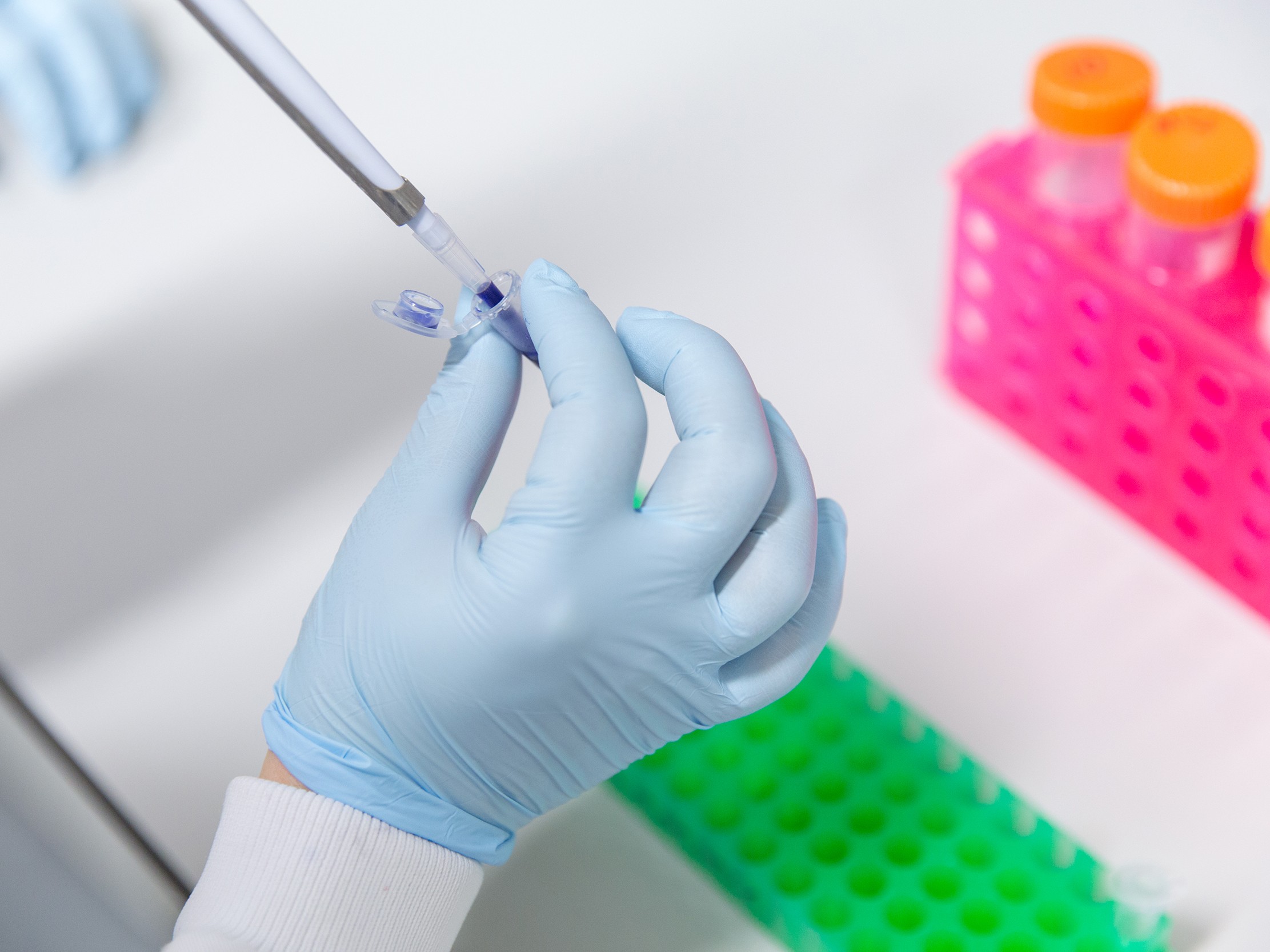EAVI2020 Announces Start of New HIV Vaccine Trial
Researchers are excited to announce they have started clinical trials to develop a protective vaccine against HIV. This is a huge milestone for the EAVI2020 project and is the first clinical trial to assess how different protein combinations influence the development of protective antibodies. The first dose was administered on March 28 at NIHR Imperial CRF, Hammersmith Hospital, London, with another 50 participants to take part over a 12-month period. This is the first clinical trial to assess how combinations of different native-like envelope proteins influence the development of protective antibodies. It involves developing a range of stabilised viral envelope proteins that can be studied in humans and represents the first in a series of five clinical studies to be conducted by EAVI2020. The trial is the result of a three-year effort bringing together leading HIV researchers from across Europe, Australia, Canada and the USA. Leading this ground-breaking project is Professor Robin Shattock from Imperial College London who celebrates this major milestone in the project - “we are excited to see the efforts of this pan-EU research network move forward to clinical testing. Cooperative research across the EU had been essential in reaching this goal in a short time-span. We anticipate that the current trial will provide important insight into the ultimate development of a protective vaccine against HIV.” The project is truly an international and collaborative effort with the EU partners drawing together vaccine design and production elements. Professor Rogier Sanders of the University of Amsterdam Academic Medical Center, has driven the protein design elements that have allowed the team to faithfully reproduce a stabilised structure of the viral envelope spike protein. “Within EAVI2020, we have developed an HIV vaccine discovery pipeline from computational design to first-in-human tests that will accelerate HIV vaccine selection and evaluation,” says Saunders. Professor Quentin Sattentau of the University of Oxford, who has applied additional modifications to the proteins to make them highly resistant to degradation in the body, notes that “this strategy to further stabilise the proteins is the result of a highly successful European collaboration, and has the potential to trigger enhanced anti-HIV antibody responses.” Dietmar Katinger, CEO of Polymun Scientific GmbH of Austria who are engineering the proteins, says “the efficient cooperation between all partners is facilitating the production and characterisation of the different vaccine antigens and the liposomal adjuvant in clinical grade quality in a very short time-span.” While clinical trials are a major achievement there is still a lot of work ahead of the team. Professor Shattock says, “although the current trial may not give us the complete answer, we believe it will provide important insight into the pathway for developing protective antibody responses. Data from this study will inform follow-on clinical trials and contribute to global research on the development of protective vaccines.” Professor Shattock goes on to reiterate the importance of the EU collaborations that have built this project noting that “this has been an important pan-EU endeavour, while there is some uncertainty over the future role of the UK researchers in the context of Brexit, it will be important for us to retain collaborations with our EU partners in this critical area.” For more information about the study: Professor Robin Shattock hello@eavi2020.org This project has received funding from the European Union's Horizon 2020 Research and Innovation Programme under Grant Agreement No. 681137.



